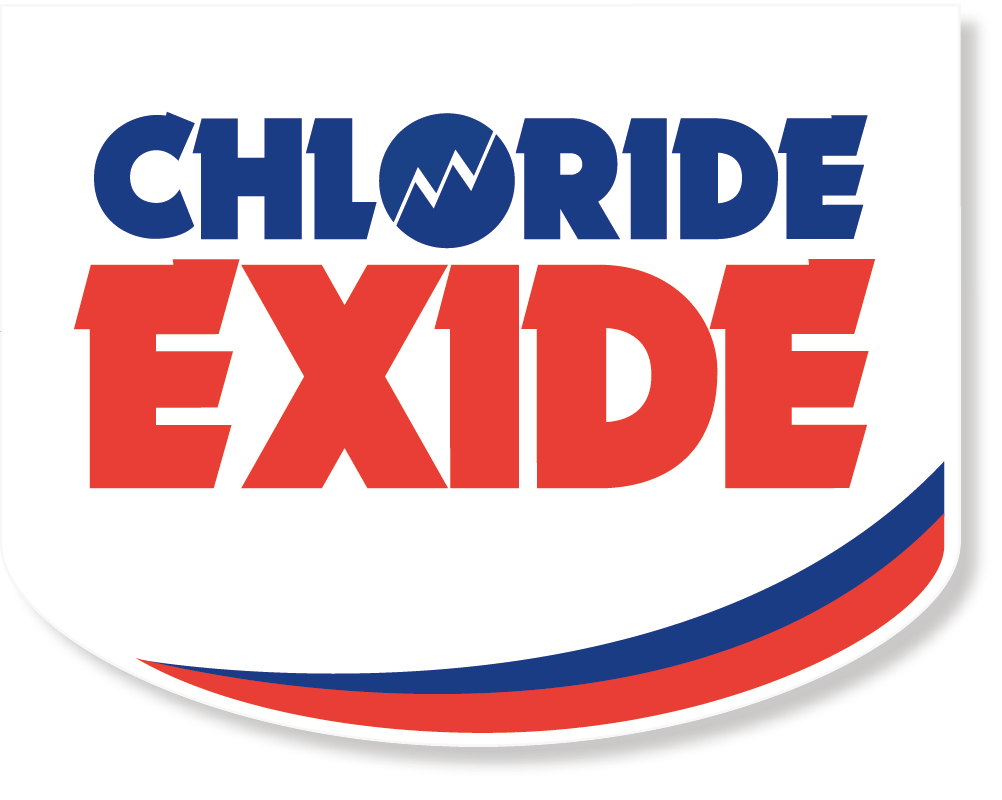
Car Battery Replacement: Top 5 Signs Your Battery Needs Replacing
2
572
0

Your car’s battery is essential for starting your vehicle and powering key electrical systems. However, like all components, it has a finite lifespan. Knowing when to replace your car battery can save you from inconvenient breakdowns, potential damage to other parts, and unexpected costs. Here are the top five signs your battery may be failing and what to do if you notice them.
1. Slow Engine Crank
One of the earliest signs of a weakening battery is a slow engine crank. When you turn the key or press the start button, the engine should turn over smoothly. If it hesitates, struggles, or seems slow, your battery might not have enough power to start the engine efficiently. This symptom could be due to reduced battery capacity or other mechanical issues, so it’s essential to check your battery before looking at other causes.
Tip: Pay attention to how your vehicle starts daily. Any noticeable delay in cranking could signal that your battery is nearing the end of its life.
2. Dashboard Warning Light
Most vehicles have a battery-shaped warning light on the dashboard. If this light comes on while driving, it often means there's an issue with the battery or the charging system. The light might illuminate due to loose cables, a malfunctioning alternator, or a failing battery. When this warning appears, it's best to inspect the battery, cables, and alternator as soon as possible to prevent sudden battery failure.
Tip: Don’t ignore the dashboard warning light. Acting quickly can prevent more costly repairs and potential breakdowns.
3. Electrical Issues and Dim Lights
Since your battery powers your car’s electrical components, a failing battery can cause lights to dim, power windows to move slowly, and other accessories to act irregularly. If you notice your headlights, dashboard lights, or interior lights are dimmer than usual or if your radio and power windows are sluggish, the battery may not be supplying adequate power.
Tip: If dim or flickering lights accompany other signs, like slow cranking, it’s likely time to consider a battery replacement.
4. Corrosion on Battery Terminals
Corrosion appears as a white, ashy substance around your battery’s terminals and can indicate a battery nearing the end of its life. Corroded terminals can create a poor connection, which hinders your battery’s ability to charge effectively. Regular cleaning can help prevent further corrosion, but if the corrosion reappears frequently, it may be time to replace the battery.
Tip: Clean off corrosion carefully with a mixture of baking soda and water, but consider professional help to avoid accidental short circuits.
5. Old Age
Most car batteries have a lifespan of three to five years, depending on usage, climate, and maintenance. If your battery is over three years old and you’re noticing any of the signs mentioned above, it’s wise to have it tested. Even if it appears to be functioning well, an old battery is more prone to sudden failure, especially in extreme weather conditions.
Tip: Keep track of your battery’s age and consider testing it annually once it reaches the three-year mark to avoid unexpected failures.
When to Take Action
If you experience one or more of these symptoms, it’s time to check your battery's health. You can visit a service center or auto parts store that offers battery testing and replacement services. By recognizing the signs early, you can avoid breakdowns and keep your car running smoothly.
Final Thoughts
A reliable battery is essential for a stress-free driving experience. Regular checks, maintenance, and awareness of these common signs can help you know when to replace your battery and keep your vehicle in peak condition.


